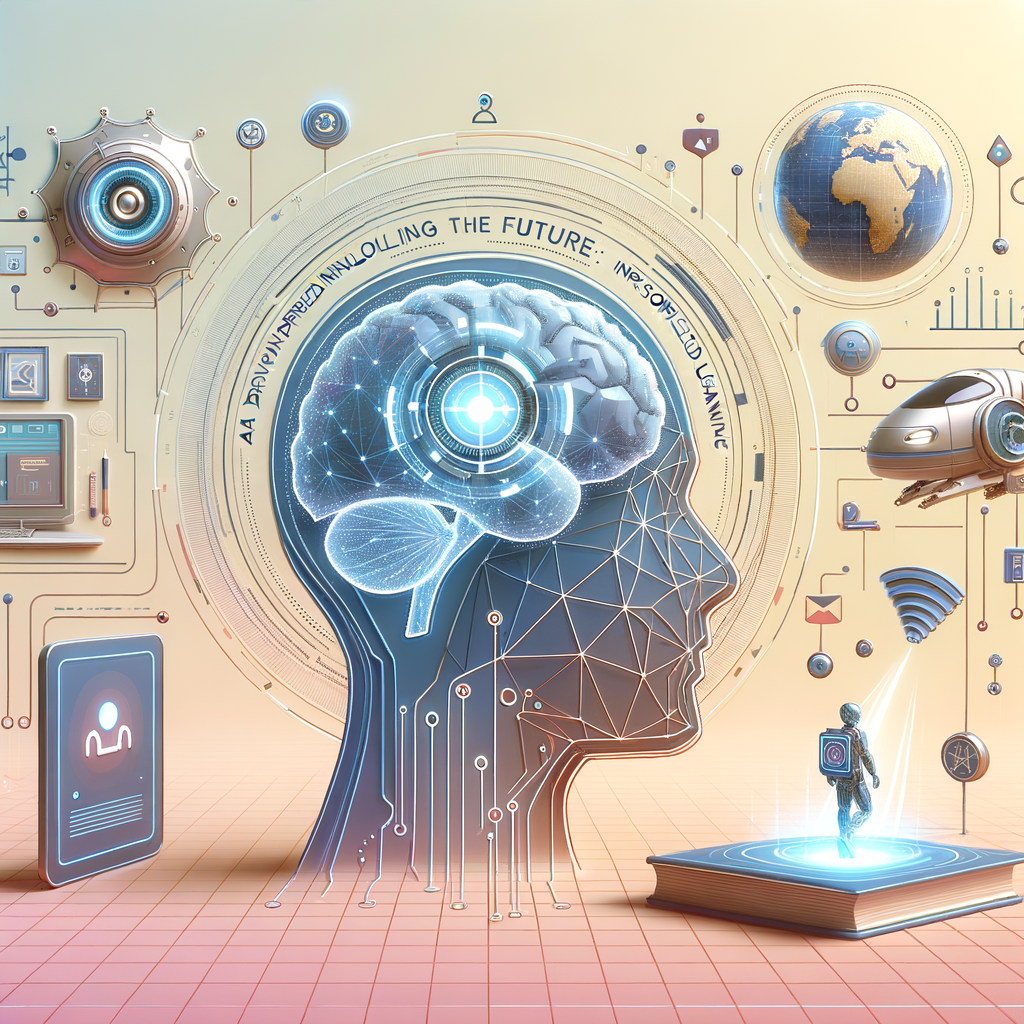
Exploring the Future: AI-Driven Innovations in Personalized Learning
This blog post delves into the transformative role of AI in personalized education. We explore how AI is reshaping learning experiences, tailoring educational pathways to individual needs, and revolutionizing traditional teaching methodologies. Discover the current advancements, challenges, and future potential of AI-driven personalized learning solutions.
Exploring the Future: AI-Driven Innovations in Personalized Learning
Introduction
In recent years, artificial intelligence has been a pivotal force in reshaping numerous industries, and education is no exception. The concept of personalized learning, although not entirely new, has gained significant momentum with the advent of AI technologies. By leveraging AI, educators and institutions can tailor educational experiences to meet the diverse needs of learners, thus fostering a more inclusive and effective learning environment.
The Concept of Personalized Learning
Personalized learning refers to a teaching approach that aims to customize learning experiences based on individual learner's needs, strengths, and preferences. Traditional educational models often follow a one-size-fits-all path, which can lead to disparities in learning outcomes. In contrast, personalized learning seeks to provide each student with unique pathways to learning success, thus maximizing their potential.
Role of AI in Personalized Education
AI technologies facilitate personalized learning by analyzing vast amounts of educational data. Machine learning algorithms can detect patterns and predict students' needs, thus enabling educators to offer customized learning resources and instructional strategies. Some key contributions of AI in personalized education include:
-
Adaptive Learning Systems: These systems use AI algorithms to continuously assess student's understanding and progress. They dynamically adjust the curriculum to provide content that aligns with the learner's current level of knowledge.
-
Intelligent Tutoring Systems: AI-powered tutors can offer personalized feedback and guidance, helping students to overcome specific learning challenges.
-
Predictive Analytics: By analyzing historical learning data, AI can predict future performance and identify students who might be at risk of falling behind, enabling timely interventions.
Current Advancements
Several edtech companies and educational institutions are already leveraging AI to offer personalized learning environments. Platforms such as Coursera, Khan Academy, and Edmodo have integrated AI to recommend courses, optimize learning material, and assess student engagement effectively. These advancements are generating interest worldwide, leading to more research and development in the field.
Challenges and Ethical Considerations
Despite its potential, AI-driven personalized learning poses certain challenges. Issues such as data privacy, algorithmic bias, and the digital divide need careful attention. Ethical considerations, including the need for transparency in AI decision-making processes and ensuring equitable access to AI-driven tools, remain paramount.
Looking Ahead: The Future of AI in Education
The potential of AI to enhance personalized learning is boundless. Future innovations might include more sophisticated AI models capable of understanding complex student emotions, creating immersive virtual learning environments, and providing real-time translation of educational content. As AI technology progresses, the ultimate goal should be to empower both learners and educators, promoting an educational experience that is equitable, inclusive, and effective for all.
Conclusion
AI has already begun to transform the landscape of education. By enabling learning experiences that are personalized, interactive, and dynamic, AI holds the promise of advancing educational outcomes for learners across the globe. However, as we embrace AI-driven innovations, it is crucial to remain mindful of the ethical implications and strive for approaches that are equitable and inclusive.
Personalized learning through AI is not just a trend but a significant shift in how education is delivered and experienced. With ongoing advancements and a focus on ethical applications, AI will continue to revolutionize the educational sector, preparing learners for the challenges of tomorrow.